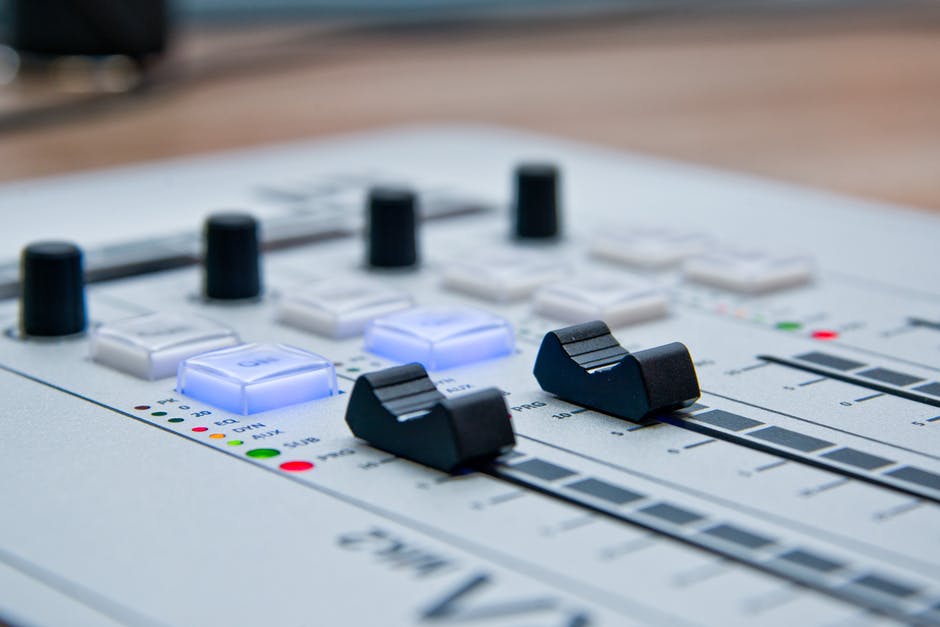Led Zeppelin was one of the world’s biggest bands. Formed in 1968, they were at the forefront of a cultural youth movement; the group still has a profound influence on the music we hear today.
Recently, the daughter of the band’s manager, Peter Grant, confirmed that she is putting her share in the band up for sale. The news has caused mass excitement among music fans, who are all eager to see what will happen to this piece of music history. Read on to find out more.
How Much Is It Worth?
Peter Grant was Led Zeppelin’s manager from the day the band was formed in 1968 all the way through until their eventual breakup, which took place 12 years later in 1980.
Grant, who passed away in 1995, owned a 20% stake in Led Zeppelin’s intellectual property, which he passed on to his children when he died. Half went to his son Warren and half went to his daughter Helen.
Now, Helen has announced that she is going to sell her 10% stake. How much is this portion of Led Zeppelin’s intellectual property actually worth? It’s difficult to put an exact figure on it, as its value will depend on how much someone is willing to pay for it.
However, a 2016 court case involving the copyright of the band’s 1971 hit Stairway to Heaven detailed that the value of the band’s entire back catalogue amounted to $58.5 million. Helen’s 10% share includes a portion of this discography, as well as things like trademarks, such as the band’s iconic name, and merchandise, which should drive the value up even higher.
Where And How Will It Happen?
New Media Law, a London-based law firm that specialises in entertainment, has been enlisted by Grant to oversee and manage the transaction.
The stake is currently on the market, and Grant has reportedly already attracted interest from a number of potential buyers. One of these is the Iconic Artists Group, a management company that specialises in acquiring the rights to legendary music. Iconic Artists Group, which is run by Irving Azoff and Olivier Chastan, has previously struck deals with big-name artists including The Beach Boys, Dean Martin, David Crosby, Joe Cocker, and Nat King Cole.
There’s lots of money to be made in music, be it through new bands and artists or things like SFX, but the financial potential still offered by classic artists of old cannot be overlooked.
Who’s Initial Idea Was It?
According to reports, surviving members of Led Zeppelin Jimmy Page, Robert Plant, and John Paul Jones won’t be involved in the deal.
Page, Plant, and Jones haven’t spoken publicly about the sale, so it’s impossible to know how they feel about it. At the end of the day, their opinion doesn’t matter much, as the stake is Grant’s to do with as she pleases.
It was Grant herself who had been the primary orchestrator of the sale. According to her, it’s been something she has considered for many years, and ultimately, she has taken the decision to sell her stake in the hopes it will further cement the legacy of her father.
The money from the sale could be used to fund something like a film or a documentary about her father, Peter, who is widely considered to be the driving force behind Led Zeppelin and has had a major influence on the modern music industry.
Peter Grant, an imposing man of considerable height and weight, was famed for his ruthless business acumen and shrewdness. He struck excellent deals for Led Zeppelin and ensured they were satisfied artistically without interference from record labels or producers.
He was instrumental in the success of the band’s tours, and he ensured they received a majority of ticket sales. This was a new approach to live music, and Grant’s focus on maximising profits for the artists rather than labels and promoters still benefits artists in today’s live music industry.
While Helen Grant made the final decision to move ahead with the sale, she has been supported and encouraged along the way by New Media Law founding partner Ian Penman, who holds a special personal connection with the partnership due to his lifelong love for the music of Led Zeppelin.
Will Others Follow?
The back catalogue and intellectual property of classic artists have long been treated as precious commodities, with some denoting them an almost religious or spiritual significance.
However, as time moves on and estates pass onto new generations, we could well see more deals like the Led Zeppelin transaction being struck. We’ve already seen iconic figures like Bob Dylan and Bruce Springsteen sell the rights to their music. After all, as long as the fans can still enjoy it, does anything else really matter?
Conclusion
With 10% of the Led Zeppelin catalogue up for sale, this could represent a shift in how we think about and consider classic bands of old and could be the first of many such deals.
Read Also:






















